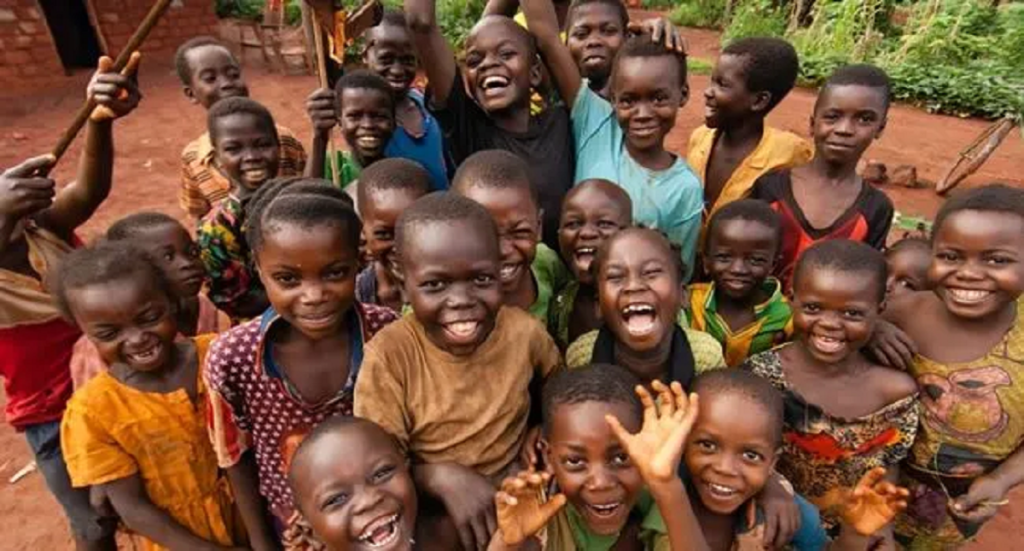The United Nations Children’s Fund (UNICEF) has emphasised the need for substantial investment in basic education for African children to support the continent’s long-term development goals.
Etleza Kadili, UNICEF’s Regional Director for Eastern and Southern Africa, highlighted this in a statement from Nairobi, Kenya’s capital, ahead of the Day of the African Child on Sunday.
UNICEF pointed out that funding for education in Africa is seriously lacking, with fewer than one in five countries allocating 20% of their public budgets to improving essential skills for their children.
“To ensure prosperity in Africa, we urgently need to see a continental revolution where commitments are turned into concrete action so children can attain the foundational skills necessary to progress to higher forms of education,” UNICEF said.

The theme for the 2024 Day of the African Child, observed annually on June 16, is “Education for All Children in Africa: The Time Is Now.” This highlights the urgent need to achieve universal literacy among children across the continent.
UNICEF has stressed that, despite education’s crucial role in building the human capital needed for Africa’s growth, funding for education has diminished. This shortfall is preventing millions of children from gaining the basic literacy and skills they need to thrive.
UNICEF reports that, despite significant efforts by African governments over the last decade to increase primary and secondary school enrolment, schools remain under-resourced. They often lack basic amenities, are overcrowded, and suffer from a shortage of teachers.
The UN agency pointed out that four out of every five African children aged 10 are unable to read and understand simple written text, underscoring the continent’s poor learning outcomes.
UNICEF estimates that approximately $183 billion is needed annually to support children’s education in Africa and achieve the Sustainable Development Goal on education. However, current resources amount to only $106 billion, leaving a financing gap of over 40%.
The agency also noted that African governments allocate about 2% of their education budgets to pre-primary education, while 20% is directed towards tertiary education.


